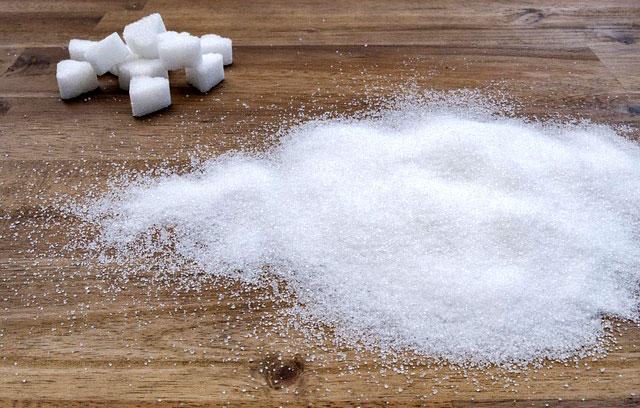From diet soda to sugar-free ice cream, from instant oatmeal to desserts and chocolate, products containing sugar substitutes have become a staple in the diets of people watching their weight or blood sugar levels. However, new research questions the safety of one of the most popular sugar substitutes, aspartame.
A group of cardiologists at the Karolinska Institute in Sweden has discovered that aspartame can negatively affect the condition of blood vessels. Animal studies have shown that the sweetener causes a rise in insulin levels, which in turn contributes to the development of atherosclerosis – the buildup of fatty deposits on the artery walls. This results in inflammation of the blood vessels and significantly increases the risk of heart attack and stroke.
The study began with a seemingly random observation: A student walked into the lab with a can of diet soda, which inspired the study’s author, Yihai Cao, to investigate the effects of aspartame on the body. Although some studies have already linked the use of artificial sweeteners to the risk of cardiovascular disease and diabetes, the mechanisms of its action are still unknown.
To determine the effects of aspartame on blood vessels, the scientists fed mice food containing 0.15 percent of the substance for 12 weeks – an amount equivalent to three cans of diet soda per day for a human. The results were alarming: Fatty deposits formed in the arteries of the mice given aspartame, and the vessel walls became inflamed.
Blood tests in experimental animals showed a sharp increase in insulin levels immediately after consuming aspartame. Scientists believe this is due to a specific reaction of sweet receptors in the mouth, intestines, and other tissues. Aspartame, which is 200 times sweeter than sugar, literally “tricks” them. In response, the pancreas secretes insulin.
Furthermore, studies have shown that elevated insulin levels contribute to the formation of fatty deposits in the arteries. Scientists have discovered that the protein CX3CL1, which is activated when insulin levels rise, plays a key role in this process. Although there is constant, strong blood flow in the arteries, CX3CL1 sticks to their inner lining and, like a magnet, attracts immune cells, which in turn cause inflammation of the vessels. Incidentally, in mice given aspartame, blocking the CX3CL1 receptors did not lead to the formation of atherosclerotic plaques in the arteries. This indicates the special role of the CX3CL1 protein in the development of atherosclerosis when aspartame is consumed. The results of the study make us think again about the safety of food chemistry and remind us that it is better not to be carried away by sweet sodas, even if they do not contain sugar.

